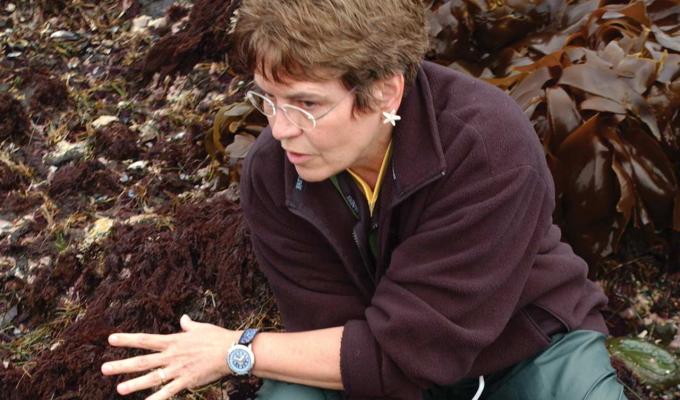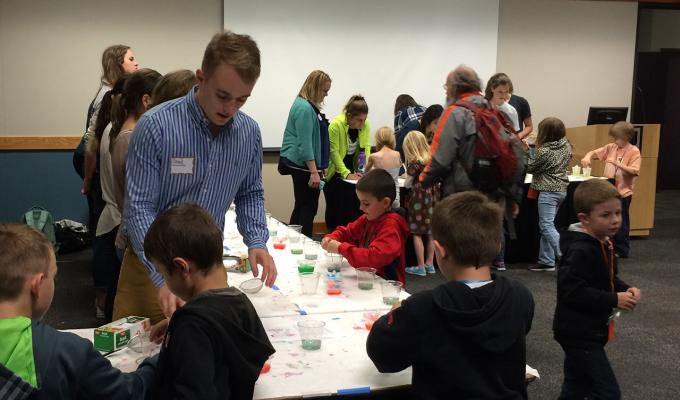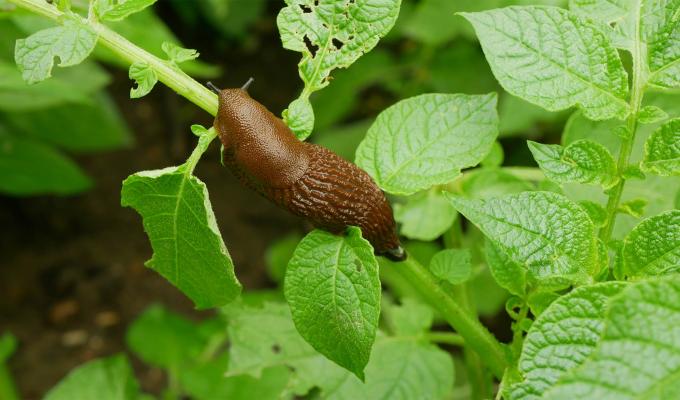
Integrative Biology
Nematode discovered by scientists to prevent crop damage by invasive slugs
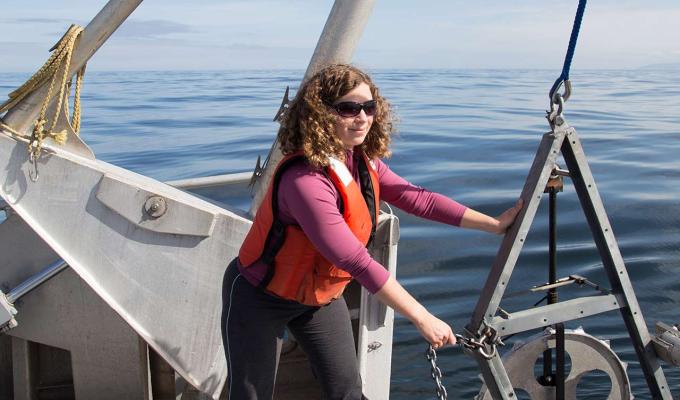
Marine Science
Surveying seafloor animals for offshore renewable energy
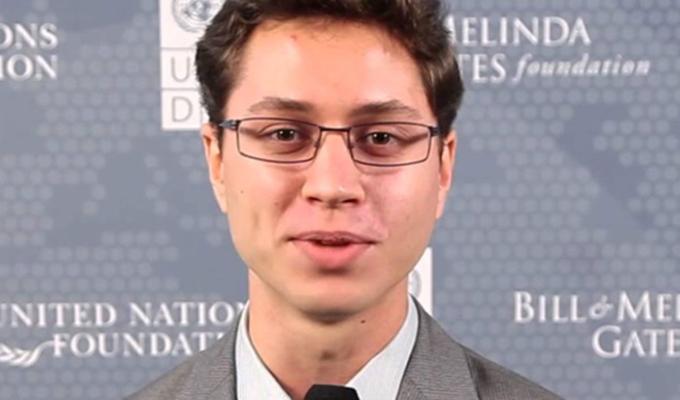
Alumni and Friends
Science graduates honored by OSU Alumni Association
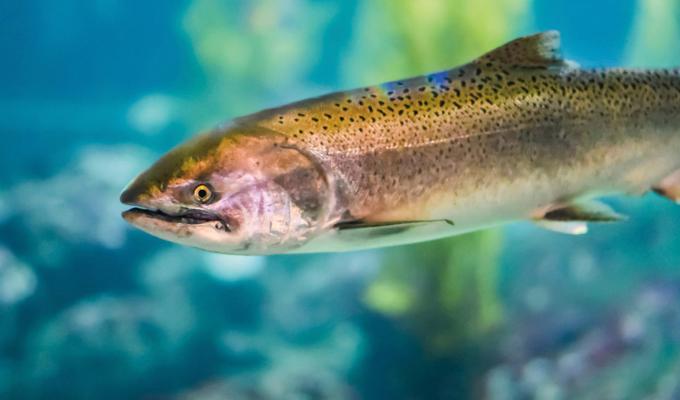
Biomedical Science
Discover: Research Highlights
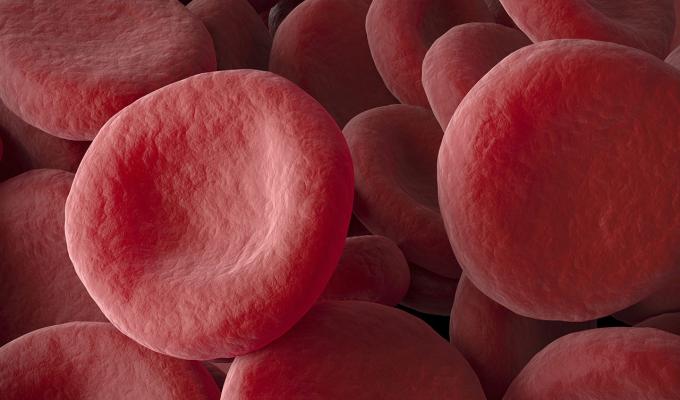
Biomedical Science
Biohealth science's connection to quantitative sciences
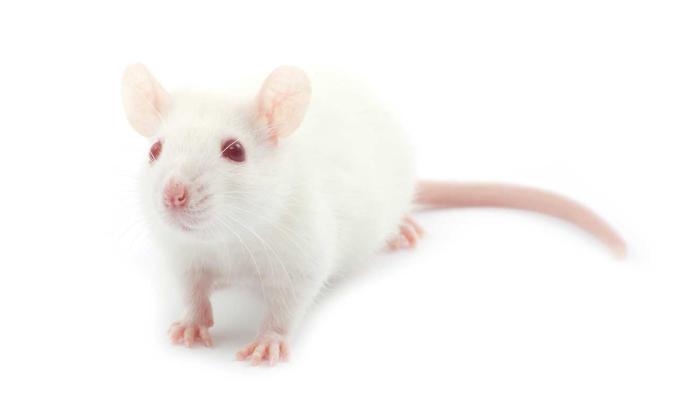
Research

